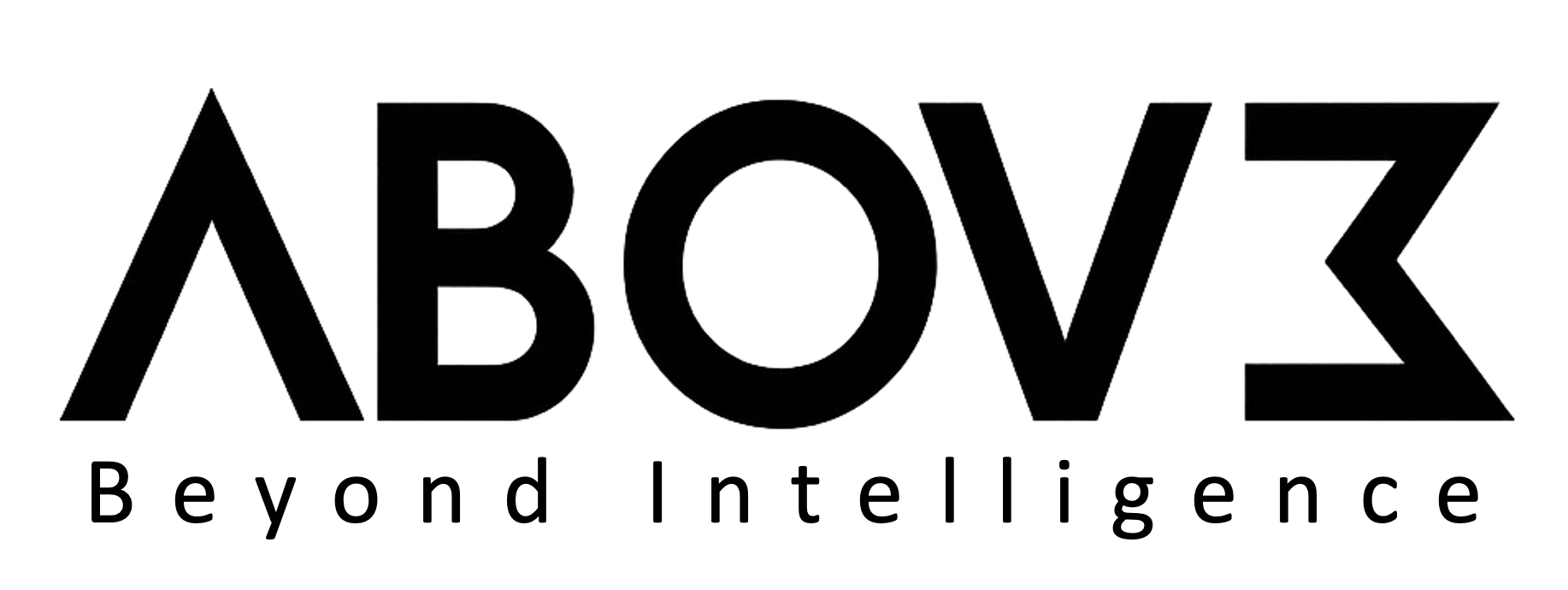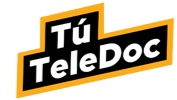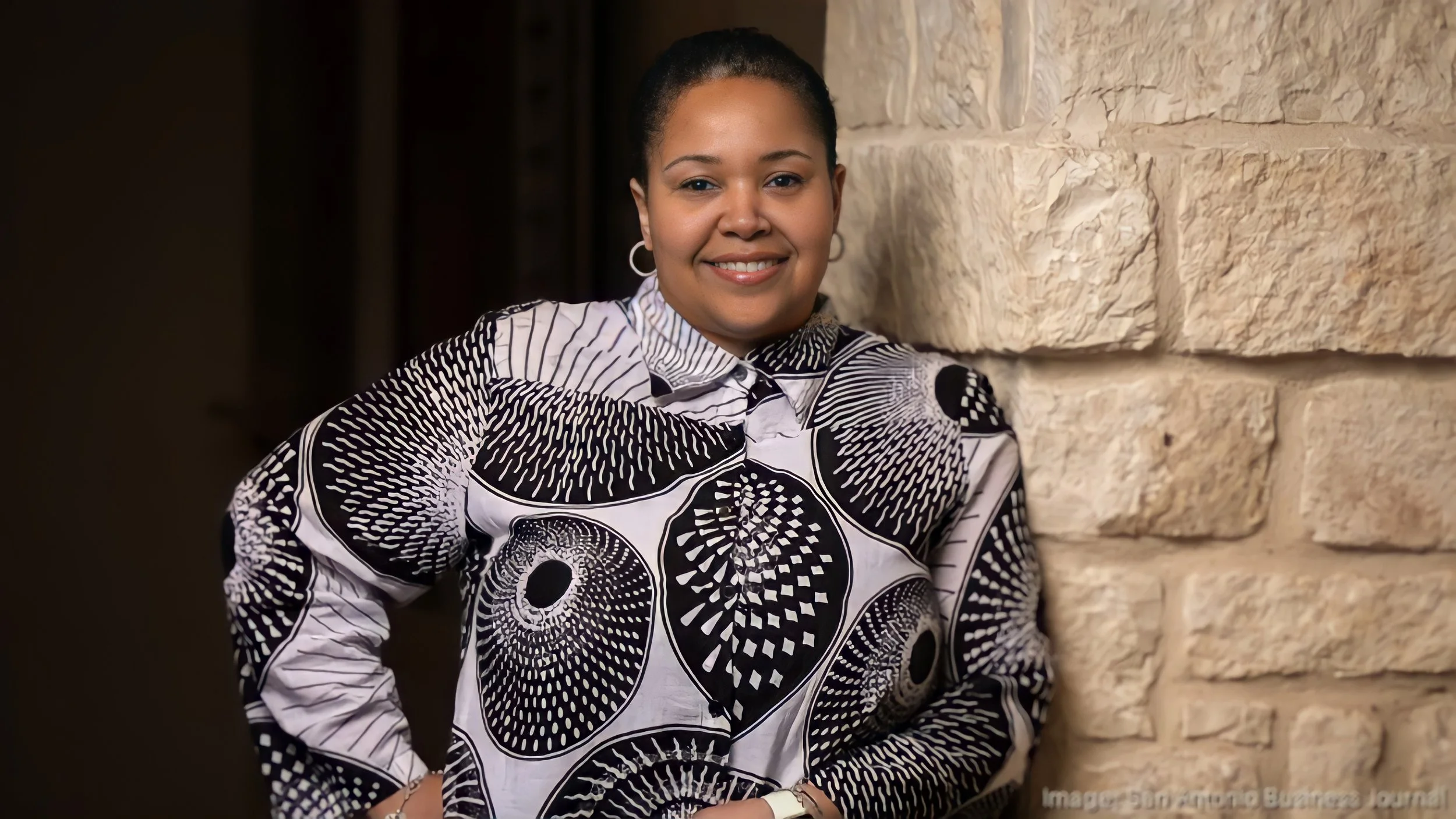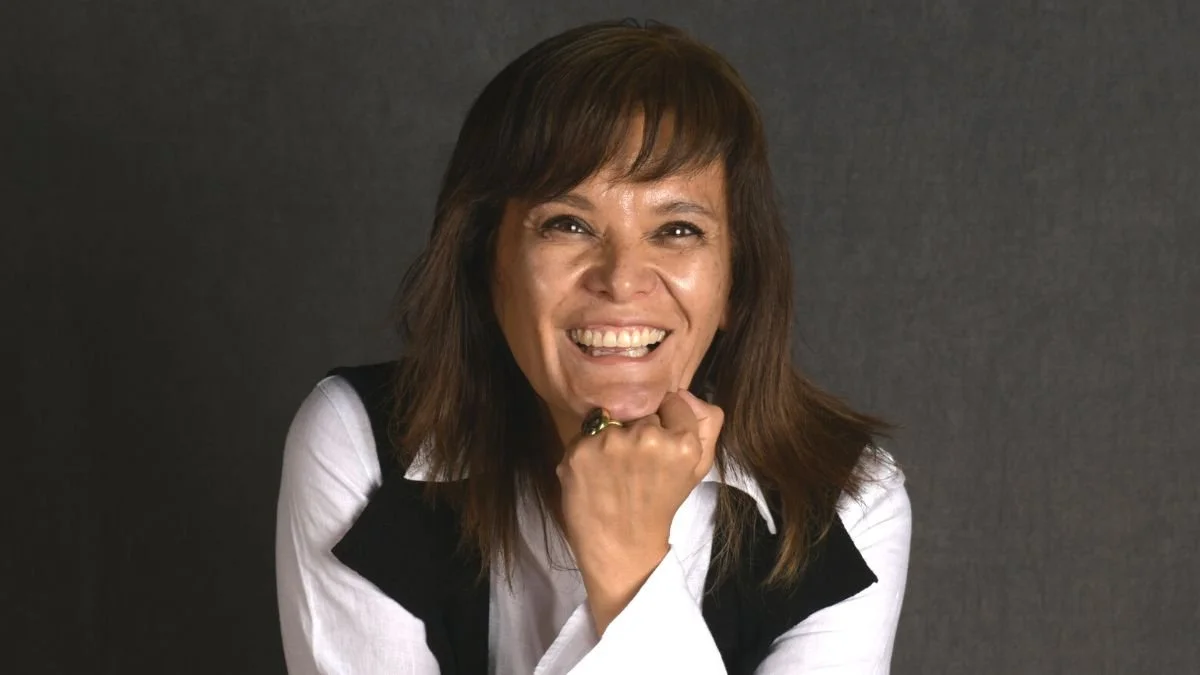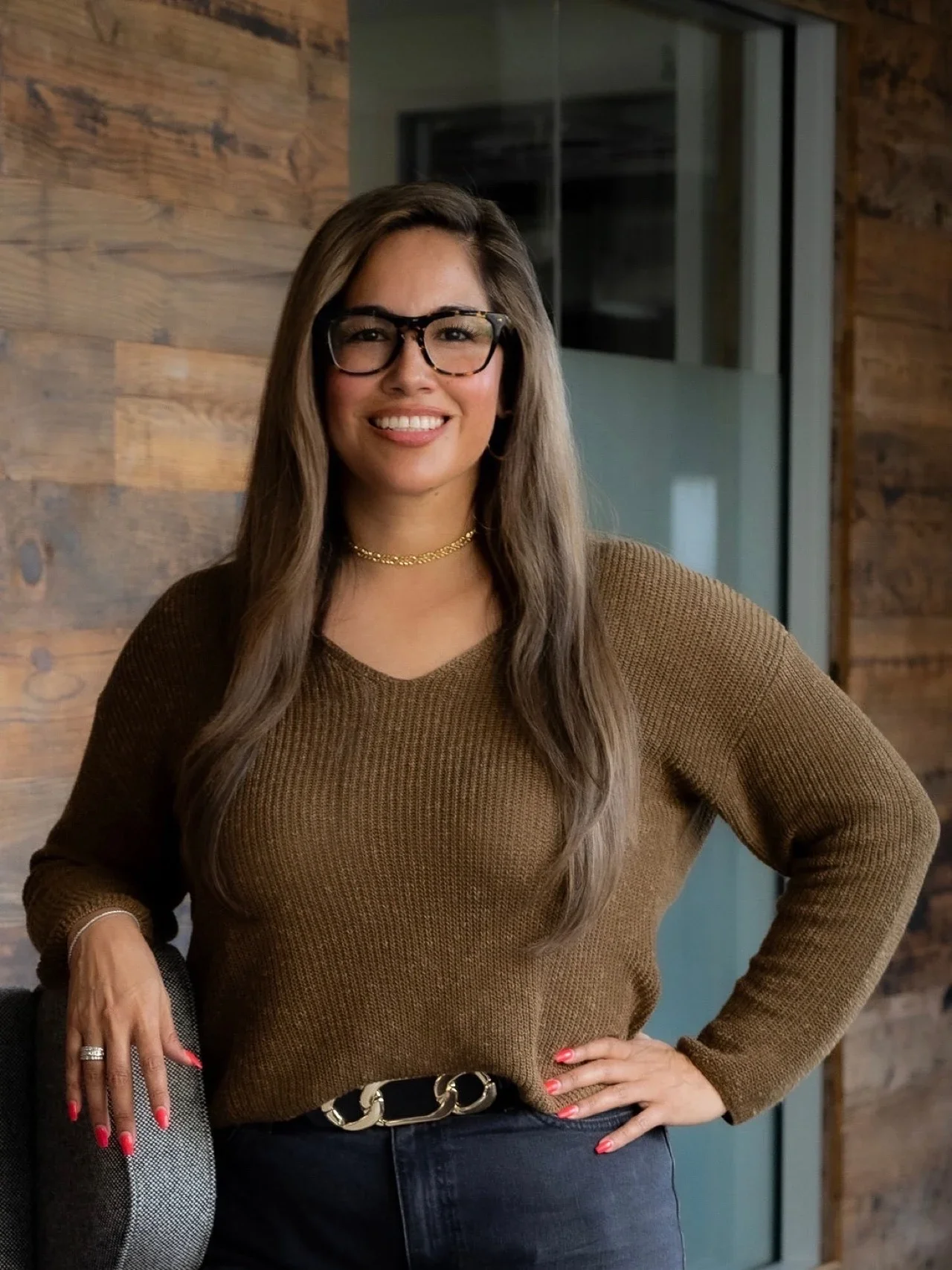
Lina G. Rugova
I help leadership teams and professional organizations strengthen innovation, decision-making, and execution through training and facilitated workshops that produce measurable results.
Teams equipped to solve strategic problems without consultants
Innovation processes implemented that endure
Practical frameworks integrated into daily work
Measurable improvements in agility, alignment, and growth
ABOUT
Facilitator | Educator | Ecosystem Builder | Advocate
Hi, I’m Lina, an innovation facilitator, venture builder, and small business advocate committed to turning ideas into thriving, sustainable ventures. My work centers on empowering communities, fostering creativity, and helping entrepreneurs move from vision to action.
I design and lead immersive programs and workshops in design thinking, strategic planning, digital literacy, financial literacy, and LEGO® SERIOUS PLAY®. Whether it’s guiding a hands-on innovation lab or developing a tailored growth program, my focus is on equipping leaders and organizations with the tools to adapt, compete, and grow in today’s fast-changing world.
I hold a Master’s in Corporate Innovation and Entrepreneurship and a Bachelor’s in Business from Penn State University, along with certifications in AI, Lean Six Sigma, digital marketing, and corporate training. Currently, I’m pursuing my Doctor of Business Administration in Entrepreneurship and Social Impact. Over the past 15 years, I’ve worked with more than 300 companies and 100 startups to build strategic plans, strengthen their market presence, and embed innovation into their operations.
As founder and president of Emerge and Rise, a San Antonio–based nonprofit venture development organization, I work with local small- to medium-sized business owners to create lasting economic and social impact and global companies. I also serve as a full-time faculty instructor and CE Instructor at Palo Alto College and the Alamo Colleges District, where I teach business management and entrepreneurship, and lead the San Antonio chapter of the Founder Institute, supporting tech-enabled and high-growth founders. In addition, I am the founder of Atlas Start, a boutique consulting firm I launched in 2018, where I continue to provide strategic consulting to startups and small businesses across industries.
When I’m not collaborating with entrepreneurs, you’ll find me speaking on panels, exploring emerging technologies, or shaping strategies that connect innovation with community impact. My mission is simple: build ecosystems where businesses and the people behind them can thrive.
Board Affiliations & Advisory
Transforming Ideas into Reality
Through innovative programs and expert guidance, I help communities embrace new changes and achieve sustainable growth.
How My Methods Translate Into Results
I use these frameworks because they work in real organizations, with real constraints, real teams, and real accountability. No single framework solves everything. Each tool below is applied selectively, based on the problem at hand, the maturity of the team, and the outcomes the organization needs to achieve. The goal is not theory. The goal is alignment, clarity, and execution that actually moves work forward. Every training can be customized and combined to fit your needs.
Design Thinking → Clearer problem definition and faster decisions
Lean Startup → Reduced waste and quicker validation of new ideas
Business Model Canvas → Shared strategic clarity and aligned execution
Empathy Mapping → Better decisions grounded in real user needs
Kirkpatrick Evaluation → Training that leads to behavior change and results
Unite Horizons of Growth → Balanced focus between near-term priorities and future opportunities
Business Capability Mapping → Alignment between strategy, teams, and execution capacity
Unite Innovation Framework → Structured innovation without slowing momentum
Value Stream Mapping → Improved efficiency and fewer operational bottlenecks
LEGO® SERIOUS PLAY® → Stronger team alignment and shared understanding
Unite Culture Canvas → Clear expectations for how work gets done
Six Thinking Hats → Better decisions through balanced, focused thinking
Frameworks and Methods
-
Design Thinking
A human-centered approach to innovation and problem-solving that involves understanding user needs, brainstorming creative solutions, prototyping, and testing. This framework helps teams develop empathy for their users and create innovative and practical solutions.
Applications: Used in workshops and labs to foster creativity and develop user-focused solutions.
-
Lean Startup
A methodology for developing businesses and products that aims to shorten product development cycles and rapidly discover if a proposed business model is viable. This involves iterative product releases and validated learning.
Applications: Essential in startup incubator and accelerator programs to ensure efficient and effective business development.
-
Business Model Canvas
A strategic management template used for developing new business models and documenting existing ones. It offers a visual chart with elements describing a firm’s value proposition, infrastructure, customers, and finances.
Applications: Used in entrepreneurship development workshops to help participants visualize and test their business ideas.
-
Empathy Mapping
A collaborative visualization is used to articulate what we know about a particular type of user. It externalizes knowledge about users to create a shared understanding and aid in decision-making.
Applications: Used in design thinking workshops to better understand and empathize with end users.
-
Kirkpatrick’s Four Levels of Training Evaluation
A model for analyzing and evaluating the results of training and educational programs. It considers four levels of criteria: reaction, learning, behavior, and results.
Applications: Applied in program evaluation and assessment to measure the effectiveness of training programs and workshops.
-
Unite Horizon of Growth
A framework that helps organizations identify and prioritize growth opportunities. It considers various horizons of growth, from core business improvements to transformational opportunities.
Applications: Used in strategic planning and innovation workshops to guide long-term growth strategies.
-
Unite Business Capability Map
A tool that maps out the capabilities of an organization, highlighting strengths and areas for improvement. This helps align resources and strategies with business objectives.
Applications: Used in organizational alignment and strategic planning workshops.
-
Unite Innovation Approach/Framework
A comprehensive framework that guides organizations through the innovation process, from ideation to implementation. It integrates best practices and tools to foster a culture of innovation.
Applications: Applied in innovation labs and workshops to ensure a structured and effective innovation process.
-
Value Stream Mapping
A lean-management method for analyzing the current state and designing a future state for the series of events that take a product or service from its beginning to the customer.
Applications: Used in process improvement and efficiency workshops to streamline operations and eliminate waste.
-
Organizational Alignment
LEGO® SERIOUS PLAY®
A process of ensuring that the organizational structure, resources, and culture are aligned with the strategic objectives. This enhances overall performance and employee engagement.
Applications: Applied in strategic planning and organizational development workshops.
-
Unite Culture Canvas
A tool for defining and developing the culture of an organization. It helps identify core values, behaviors, and practices that shape the organizational culture.
Applications: Used in leadership development and organizational culture workshops to build a strong, cohesive culture.
-
Six Thinking Hats
A decision-making framework developed by Edward de Bono encourages parallel thinking by having team members wear different metaphorical hats representing different perspectives (e.g., logical, emotional, optimistic, critical, creative, and process-oriented). This approach helps explore all angles of a problem and fosters comprehensive, balanced decision-making.
Applications: Used in brainstorming sessions, strategic planning, and problem-solving workshops to ensure diverse viewpoints are considered and to enhance collaborative decision-making.
Other Trainers I Work With
Nisi Bennett
Nisi is a registered nurse, mental health advocate, and community leader who brings a trauma-informed, human-centered lens to team and organizational work. Drawing on her clinical background and lived experience, she supports groups navigating stress, burnout, and complex human dynamics, with a focus on wellbeing, trust, and sustainable collaboration.
Dr. Marisol Weymouth
Dr. Weymouth is a researcher, educator, and practitioner whose work bridges neuroscience, emotional intelligence, and applied learning. Her approach helps individuals and teams understand how mindset, behavior, and cognition influence performance, resilience, and change in organizational environments.
Gloria de León
Gloria is a global expert in LEGO® SERIOUS PLAY®, change management, and strategic foresight. As the only Spanish-speaking Trainer certified in LEGO® SERIOUS PLAY®, she has trained over 500 facilitators worldwide and co-created Future Building®, a patented methodology for navigating complexity and long-term change. Her work integrates Lean Change Management, emotional intelligence, and experiential learning to support organizational transformation.
Jeri-Ashley Bremer
Jeri-Ashley integrates mindfulness and embodied awareness into organizational settings to support focus, presence, and sustainable performance. Her work provides teams with practical tools to manage stress, improve attention, and work more intentionally in high-pressure environments.
Jacqueline Hernandez
Jacqueline Hernandez is an investor, nonprofit leader, and author focused on helping women build sustainable businesses and long-term wealth. She is the founder of Entrepreneurial Empire and the co-host of the Baddie Rewrite podcast, where she elevates conversations around ownership, financial confidence, and rewriting personal and professional narratives.








